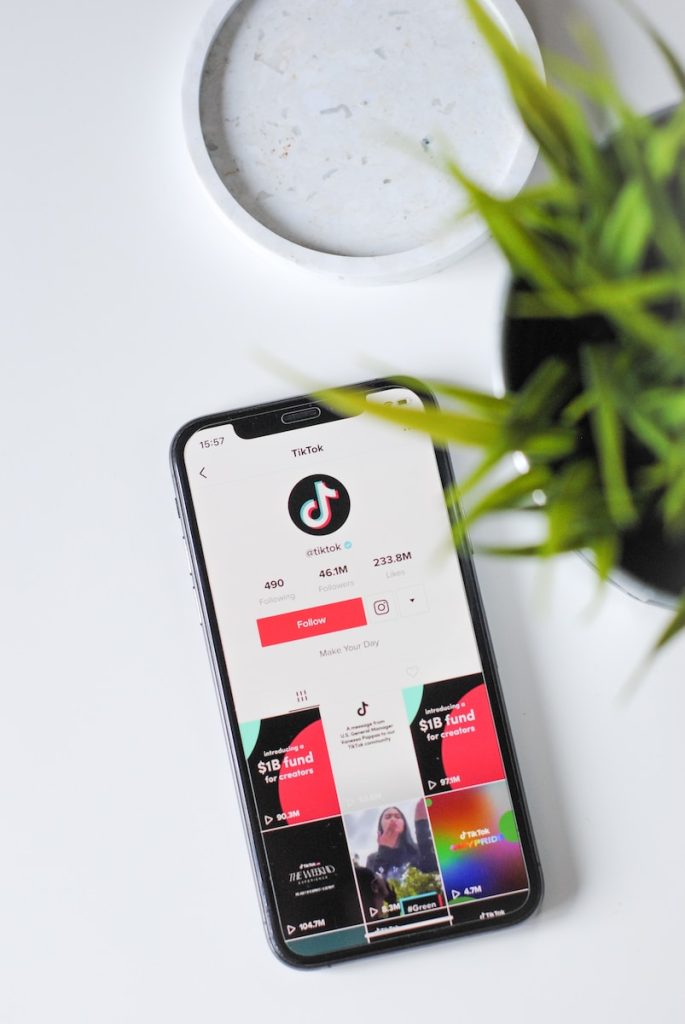TikTok, the widely popular social media platform known for its short-form videos, has become a hub for mental health content. Users are increasingly turning to the platform to express their thoughts, emotions, and struggles related to mental well-being.

While this surge in self-diagnosis and wellness trends seems empowering, it also raises concerns about the impact of unverified information on users’ mental health. In this article, we explore the world of mental health on TikTok, the potential advantages, and the risks associated with self-diagnosis and wellness trends.
A Platform for Self-Expression
TikTok’s user-friendly interface has provided a safe space for individuals to openly discuss their mental health journeys. The anonymity the platform offers encourages many to share their stories, making it a supportive community for those seeking understanding and validation.
Accessibility and Relatability
Unlike traditional media, TikTok’s short videos present mental health topics in a digestible and relatable format. This accessibility has attracted a diverse audience, enabling individuals from various backgrounds to engage with mental health discussions.
The Upsides and Downsides of Self-Diagnosis
Empowerment and Awareness
TikTok has empowered users to learn about various mental health conditions and recognize symptoms they may be experiencing. By sharing personal experiences, individuals can raise awareness and reduce the stigma surrounding mental health.
The Dangers of Misdiagnosis
While self-diagnosis can provide a sense of relief and understanding, it also carries the risk of misinterpretation and misdiagnosis. Relying solely on TikTok content for diagnosis can lead to inaccurate assessments and potentially harmful consequences.
TikTok Wellness Trends: A Double-Edged Sword
Holistic Approaches to Wellness
TikTok’s wellness trends often advocate for self-care practices, mindfulness, and holistic well-being. These trends encourage users to prioritize their mental health and explore various coping mechanisms.
The Risk of Misinformation
Amid the plethora of wellness advice on TikTok, there is a significant risk of misinformation. Some trends may promote unproven remedies or pseudoscientific practices, potentially misleading vulnerable individuals seeking genuine help.
Bursting the Bubble: The Reality of Mental Health
The Importance of Professional Help
While TikTok can provide a sense of community, it cannot replace professional mental health support. Encouraging users to seek guidance from qualified therapists or counselors is crucial for their well-being.
Addressing Stigma and Seeking Support
Social media can amplify societal pressures and contribute to feelings of inadequacy. Encouraging open conversations about mental health and seeking support from friends, family, or professionals is essential to combatting stigma.
Social Media’s Influence on Mental Health
Navigating the Algorithm
The TikTok algorithm often tailors content to users’ preferences, potentially reinforcing echo chambers and creating biased mental health information bubbles. Being mindful of this algorithmic influence is essential for users to seek diverse perspectives.
Balancing Screen Time and Well-Being
Excessive screen time on TikTok or any social media platform can negatively impact mental health. Encouraging users to set boundaries and practice digital detoxes fosters a healthier relationship with technology.
Conclusion
TikTok has undeniably opened doors for meaningful conversations about mental health, providing a supportive space for users to share their experiences. The platform’s accessibility has allowed mental health awareness to reach unprecedented heights.

However, users must exercise caution and critical thinking when engaging with self-diagnosis and wellness trends. While TikTok can be a valuable tool for personal growth, it cannot replace professional mental health care. A balanced approach to mental health discussions on social media, coupled with seeking appropriate support, will foster a healthier and more informed online community.


